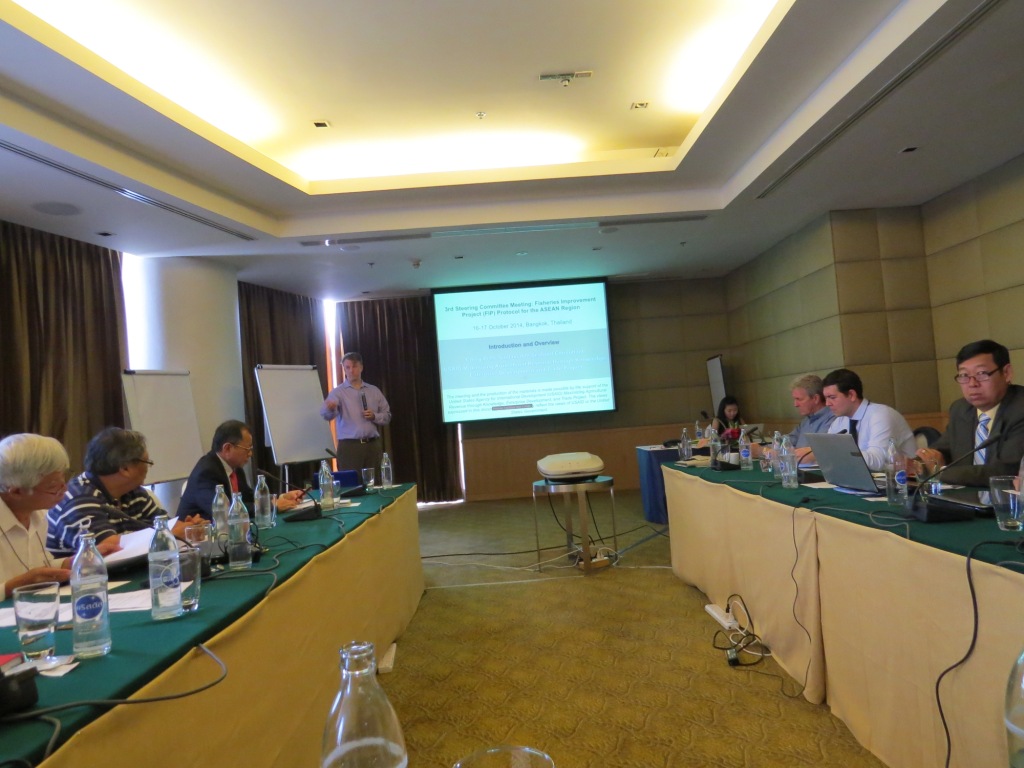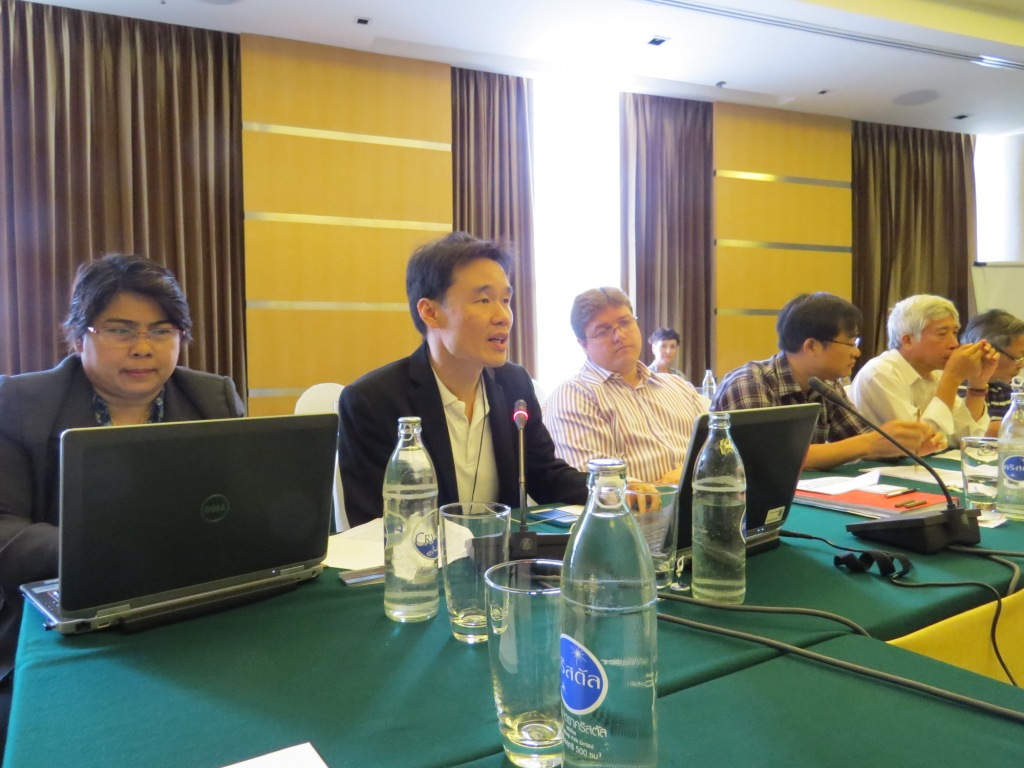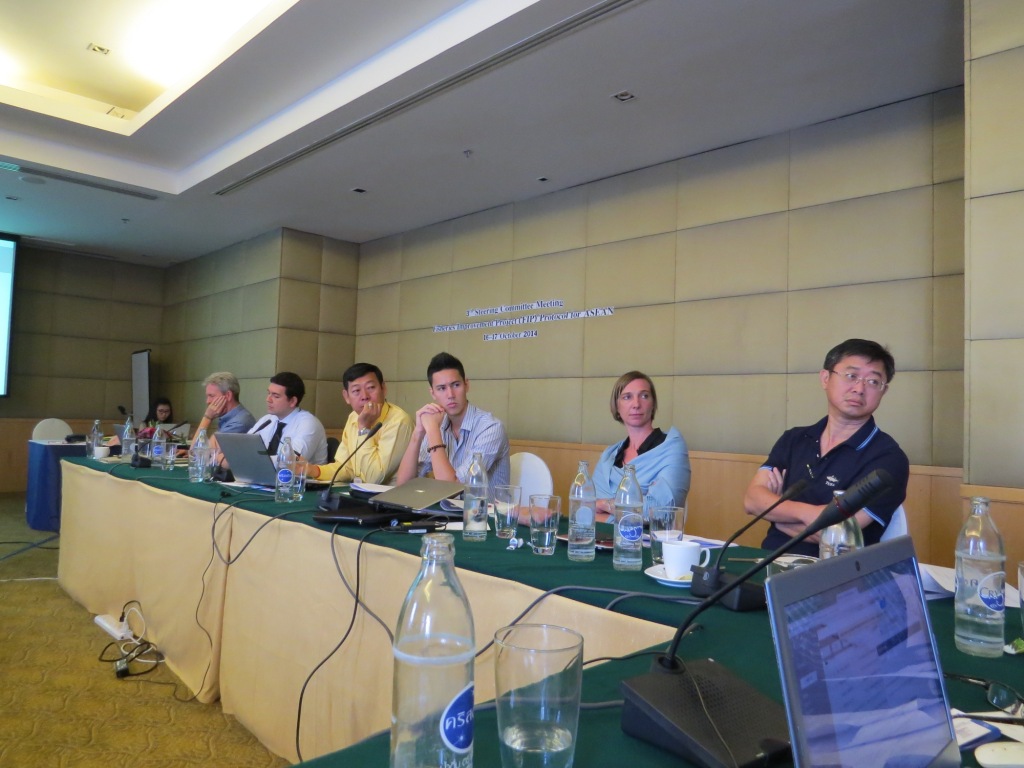(vasep.com.vn) On 16-17 October 2014, right after the 3rd Steering Committee Meeting of Shrimp Standard of ASEAN (held in 14 – 15 October 2014 in Bangkok, Thailand), the stakeholders in the region seafood industry continued to gather to discuss about the Fisheries Improvement Project protocol.
In 2013, stakeholders from ASEAN’s seafood industry agreed at the ASEAN Public-Private Taskforce for Sustainable Fisheries and Aquaculture in 2013 that there is a need to define and manage a regional shrimp aquaculture standard and FIP protocol.
With the formation of the ASEAN Economic Community in 2015, there is also an opportunity to develop aquaculture and fisheries standards and protocols that reflect the realities facing producers and fisheries in the region while simultaneously meeting the key elements of credibility for the definition and management of the standards and addressing the key environmental impacts and social issues to a minimum level required by key export buyers to maintain compliance with their public commitment to sustainability.
An initial group of ASEAN industry stakeholders agreed to lead in the development of the ASEAN shrimp standards and FIP protocol through a multi-stakeholder, inclusive, transparent process grounded in the ISEAL Alliance’s (http://www.isealalliance.org) Code of Good Practices for sustainability standards and the Monterey Bay Aquarium’s Seafood Watch sustainability assessment criteria (http://www.seafoodwatch.org/).
Both projects will also attempt to benchmark to the MSC and ASC standards in order to ensure an easier path for producers towards compliance with one of those schemes. The USAID-funded Maximizing Agricultural Revenue through Knowledge, Enterprise Development and Trade (MARKET) Project committed to act as the neutral convening body and support the industry to form regional working groups to develop the shrimp aquaculture standards and ASEAN FIP protocol through March 2015.


